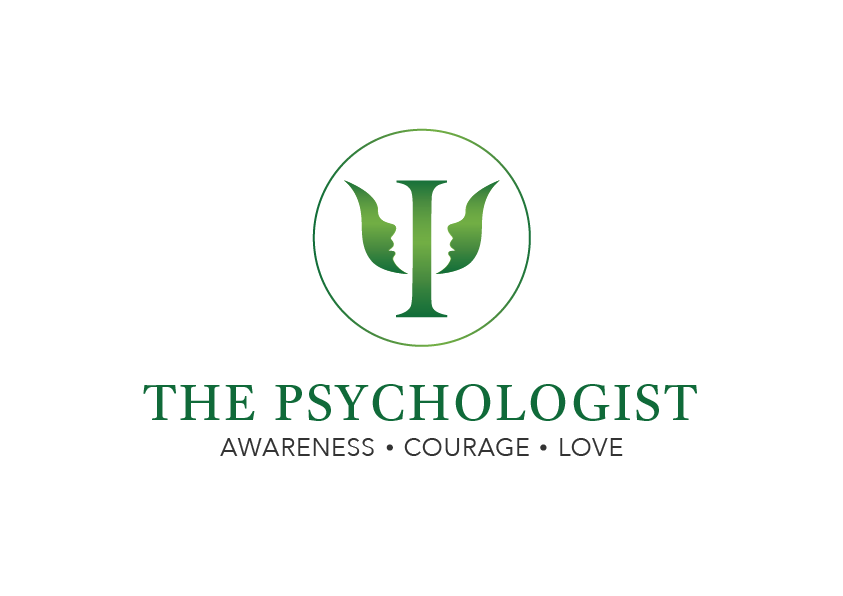When the Silence Settles: Navigating Grief and Loss
After her father passed away, Mei found herself instinctively reaching for her phone to send him photos of her newborn. The realisation hit like a wave, he wasn’t there anymore. The world continued moving, but inside, something had paused. She smiled for her baby, but grieved in quiet moments alone. Her friends told her to “stay strong.” But what she really needed was space to feel.
Grief is the natural, often painful response to loss, of a person, a relationship, a role, or even a future once imagined. It's not something to “get over,” but something we move through. And the journey looks different for everyone.
Understanding Grief
Grief is not a linear process. Elisabeth Kübler-Ross’s five stages — denial, anger, bargaining, depression, and acceptance, are not steps to “complete” but emotional states that may come and go.
People often feel:
Emotional pain: sadness, guilt, fear, numbness.
Physical symptoms: fatigue, headaches, digestive issues.
Cognitive impact: forgetfulness, difficulty concentrating.
Spiritual questioning: “Why did this happen?” or “What now?”
Grief can be triggered not just by death, but also divorce, job loss, miscarriage, or a terminal diagnosis. These are losses that shift the ground beneath us.
Myths and Misconceptions
Myth: “Time heals all wounds.”
Reality: Time alone doesn’t heal—healing requires processing, connection, and care.
Myth: “Be strong for others.”
Reality: Expressing vulnerability is a form of strength. Grief needs room to breathe.
In Asian cultures like ours, where stoicism is often praised, emotions may be held in silently. This can lead to complicated grief, where symptoms persist or intensify over time, interfering with daily life.
Courage in the Darkness
Grief takes courage — to feel the loss, to name the pain, and to continue living while carrying love forward. At The Psychologist, we’ve witnessed this courage in many forms: a father returning to work after losing a child, a daughter confronting anniversaries alone, a caregiver learning to let go.
There is no “right way” to grieve. What matters is giving yourself permission to do it your way.
Support and Healing
While grief is a personal journey, you don’t have to do it alone.
Helpful supports include:
Therapy, such as grief counselling or Acceptance and Commitment Therapy (ACT).
Support groups, especially for shared experiences like child loss or cancer caregiving.
Rituals, like writing letters, visiting meaningful places, or lighting a candle on anniversaries.
Loved ones can help by:
Listening without trying to fix.
Offering consistent presence (not just immediately after a loss).
Understanding that healing takes time.
Finding Meaning
As David Kessler wrote, “Each person’s grief is as unique as their fingerprint.” Yet, in the ache, many discover a quiet love that remains. For Mei, it came when she told her daughter bedtime stories about her grandfather—bringing the past gently into the present.
Grief never disappears. But it can evolve. It becomes a thread woven into who we are, not the whole fabric.
You’re Not Alone
Grief is not a sign of weakness or something to hide. It’s a reflection of deep love. If you or someone you know is struggling with a loss, reach out. At The Psychologist, we’re here to hold space for healing, with awareness, courage, and love.
